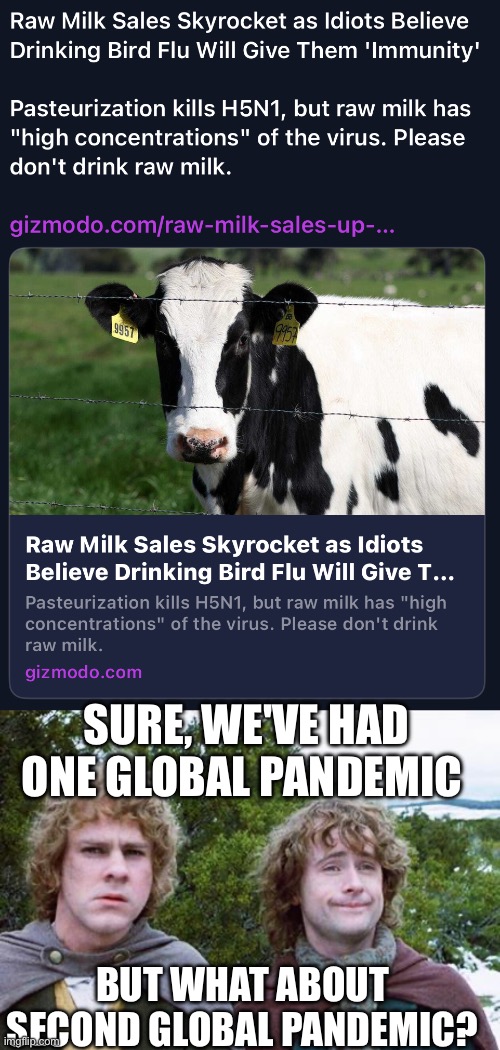this post was submitted on 15 May 2024
331 points (96.4% liked)
memes
18020 readers
1858 users here now
Community rules
1. Be civil
No trolling, bigotry or other insulting / annoying behaviour
2. No politics
This is non-politics community. For political memes please go to !politicalmemes@lemmy.world
3. No recent reposts
Check for reposts when posting a meme, you can only repost after 1 month
4. No bots
No bots without the express approval of the mods or the admins
5. No Spam/Ads/AI Slop
No advertisements or spam. This is an instance rule and the only way to live. We also consider AI slop to be spam in this community and is subject to removal.
A collection of some classic Lemmy memes for your enjoyment
Sister communities
- !tenforward@lemmy.world : Star Trek memes, chat and shitposts
- !lemmyshitpost@lemmy.world : Lemmy Shitposts, anything and everything goes.
- !linuxmemes@lemmy.world : Linux themed memes
- !comicstrips@lemmy.world : for those who love comic stories.
founded 2 years ago
MODERATORS
you are viewing a single comment's thread
view the rest of the comments
view the rest of the comments

I'd like to see a source for the very bold claim that pasteurization doesn't kill the virus. As far as I've read, viral fragments are still detectable in the pasteurized milk but they're all broken and inert. I am not aware of any pathogen in milk that survives pasteurization.
https://www.scientificamerican.com/article/as-bird-flu-spreads-through-cows-is-pasteurized-milk-safe-to-drink/
From your article:
“The detection of viral RNA does not itself pose a health risk to consumers, and we expect to find this residual genetic material if the virus was there in the raw milk and was inactivated by pasteurization,” she says.
My case rests, broken pieces of a virus != infectious virus.